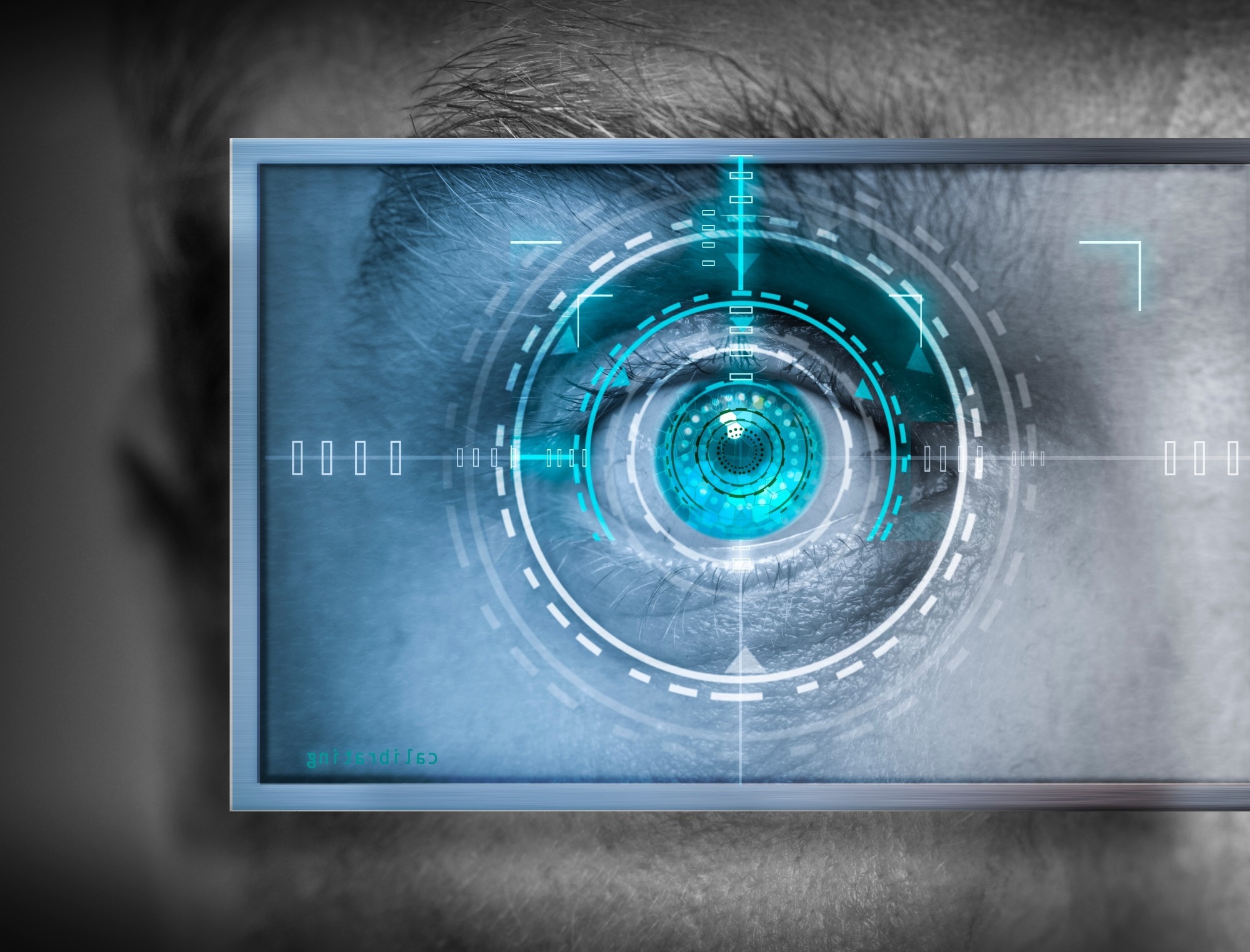At ARVO 2025, researchers unveil how AI is driving breakthroughs in vision care, from detecting eye disease before symptoms emerge to enhancing assistive tools for those with vision loss.
 Image Credit: ozrimoz / Shutterstock
Image Credit: ozrimoz / Shutterstock
Artificial Intelligence (AI) is reshaping how we comprehend, detect, and treat eye conditions, bringing new hope to millions worldwide. During the upcoming week (May 4 - 8) at the 2025 Annual Meeting of the Association for Research in Vision and Ophthalmology (ARVO) in Salt Lake City, Utah, researchers will share breakthroughs on how AI is influencing the future of eye and vision health research and patient care, from enhancing clinical decision-making to simplifying workflows to equip patients with educational tools to create personalized care plans.
Scientists at the Annual Meeting will discuss multiple uses of AI and share promising future applications. For example, advanced tools can more precisely detect early signs of diseases like diabetic retinopathy (DR) and glaucoma, sometimes even before symptoms appear. Automated screening tools can support underserved areas with limited access to specialists.
Researchers will also show how AI-powered algorithms - sets of rules that help computers learn from data - examine risk factors, track disease progression, and identify disease trends that can inform public health strategies. AI can assess patient data to aid them and their doctors recommend appropriate, personalized treatment plans. Some AI tools can enhance eye imaging techniques, assisting ophthalmologists in identifying and classifying abnormalities faster and more accurately. Beyond the clinic and labs, studies will be presented at the Meeting on how AI has improved assistive technology for individuals with vision loss (e.g., apps and devices that can support navigation and accessibility in everyday life).
This is just a small sample of the groundbreaking new research that will be featured at the ARVO Annual Meeting, signaling a transformative era for eye and vision science. As AI continues to evolve, it will bring even more innovative solutions that can enhance vision health and positively impact lives worldwide.